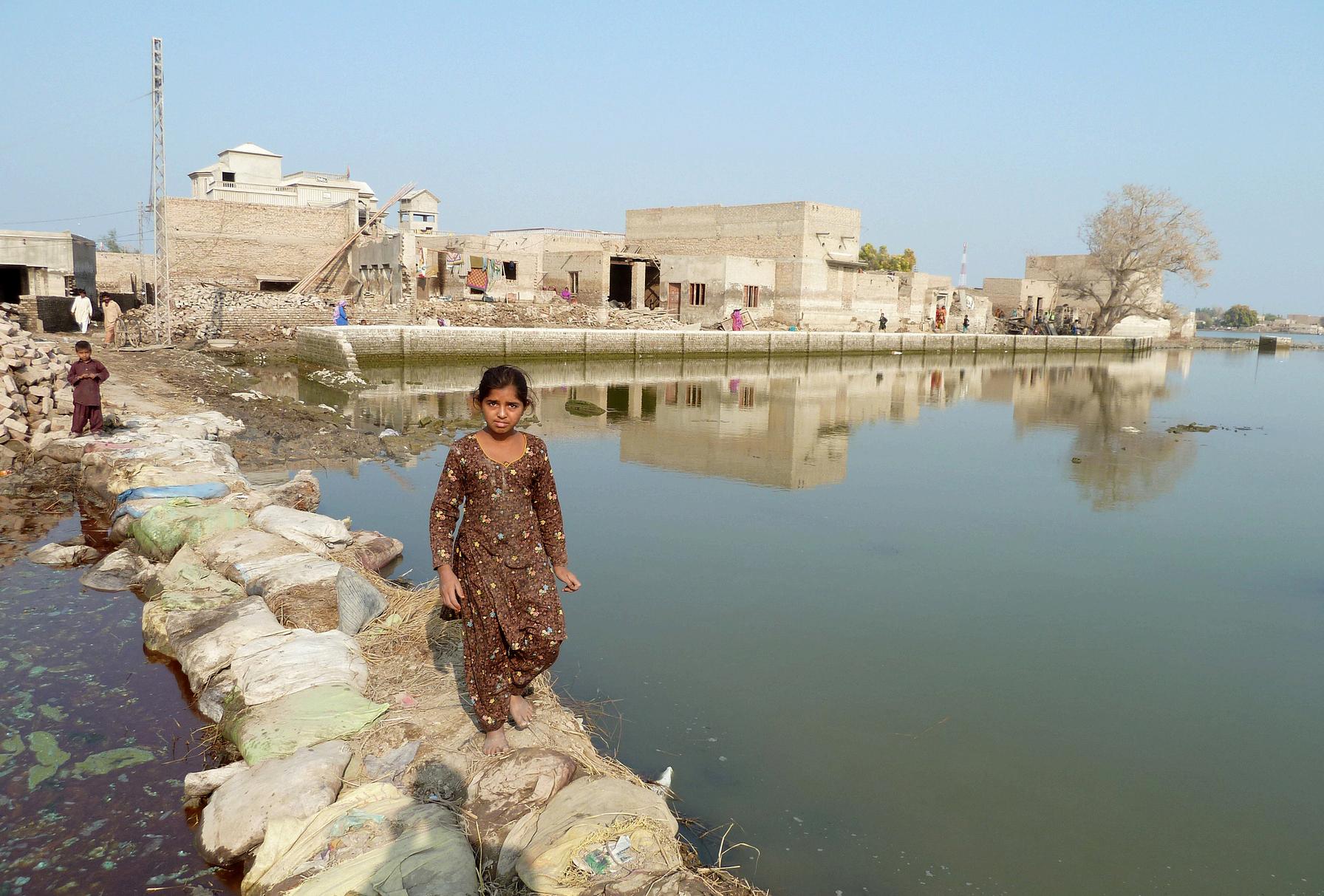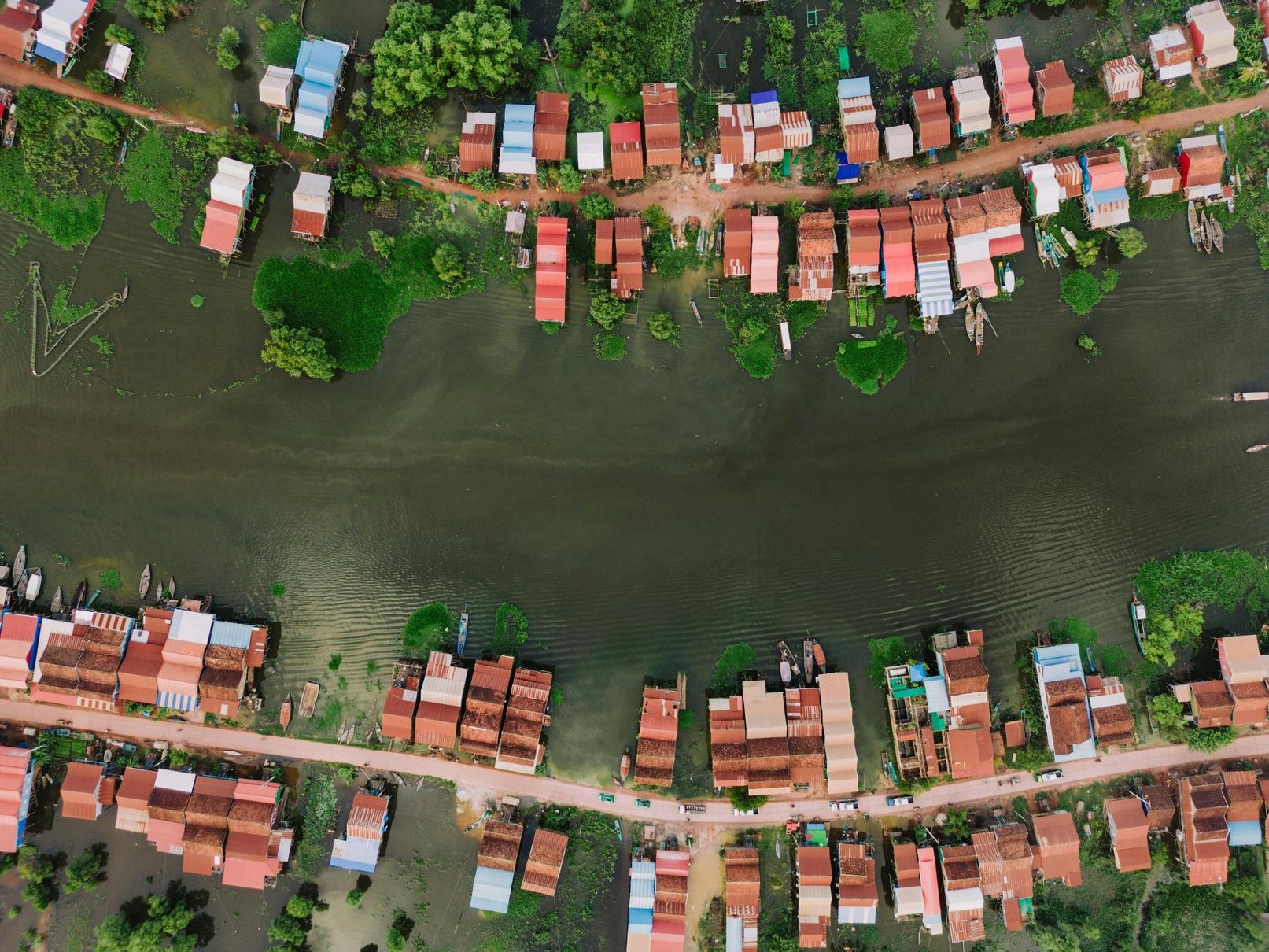






The Climate Action Accelerator is a non-profit initiative based in Geneva that aims to mobilize a critical mass of high-social trust organisations around the world to scale up implementation of climate solutions within planetary boundaries, keep global warming well below 2°C and avoid the risk of dangerous drift.

The goal is to help move the aid, health and higher education sectors towards greater resilience and a radical transformation of their practices, pursuing science-based emission reduction targets and a 'net zero ' trajectory, in line with the Paris Agreement.

Helping organisations deliver essential services to populations within planetary boundaries
Designed for individuals responsible for environmental sustainability in their organisation
Typically includes sustainability managers, but may also involve staff from logistics, procurement, or finance
Leadership support is critical to the programme’s success, with active involvement required at key moments
Phase 1. Measure your footprint
Method, mentoring and quality review
Blended learning, collaborative online programme
Part of a community of practice
In this phase, you’ll gain knowledge and tools for measuring your organisation’s carbon emissions and conducting a waste assessment. You’ll receive hands-on guidance to set your organisational and operational boundaries, collect relevant data, and calculate your carbon footprint using fit-for-purpose tools. Results will be reviewed by experts to ensure accuracy and credibility.
This phase will enable you to:
Learn methodologies for carbon accounting and waste assessment


Programme Launch Workshop
Carbon & waste footprint basics & tools
Boundaries and data collection plan workshop
Internal Steering Committee Submit Carbon Footprint
Mentoring begins Collect data & calculate footprint
In this phase, sessions support you in preparing internal surveys, leading cross-functional workshops, and selecting climate and environmental solutions suited to your operational context. The roadmap includes an indicative cost–benefit analysis to support informed decision-making, and undergoes an external review to ensure consistency and quality.
This phase will enable you to:
Assess the current state of affairs

R o a d m a p m e t h o d o l o g y

to validate the roadmap
In this phase, the focus shifts to priority actions that most organisations need to address such as procurement and supply chains, travel policies, and waste management as well as developing a practical monitoring framework to track progress over time.
This phase will enable you to:
Establish a monitoring framework
Define priority projects
Use the implementation toolkits
Participate in thematic workshops based on the following themes:

I m p l e m e n t a t i o n m e t h o d o l o g y

Module 1
Module 2
Module 3 | Mainstreaming in project design and management
Remain part of the community of practice